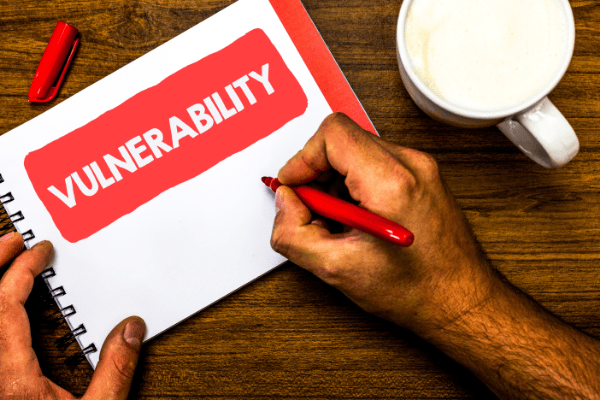You can sign up to our LinkedIn newsletter here.
Too often, “old” and “vulnerable” are brought together in describing how we should respond to a certain group of people. But the assumption that because I’m old, I am vulnerable is a classic ageism trope.
Sexism versus Ageism – Mental Capacity
Generally, society is unwilling to accept the assumption that because I’m a woman, I’m more likely to be hysterical. And yet, for some reason, again and again in the media and public discourse, policy on age, and vulnerability are linked. They are linked so inextricably that it is assumed that because you are old, you are vulnerable.
In the same way, it is also assumed that because you are young, you are vulnerable. And yet, the law, in relation to people who are over 18, is very clear that mental capacity, one particular form of vulnerability, should be assessed on a case-by-case basis.
If you’ve watched any of these murder mysteries, you’ll be familiar with the idea that when there’s a will reading you may want to challenge the legacies, because the will was made by somebody who is not in their right mind. That’s an issue of mental capacity. It’s very different from whether they were old or not.
In our society we assume that younger people have limited mental capacity, simply because of their age, although there are some very significant inconsistencies in that approach. So, we don’t believe that somebody under 18 has the mental capacity to choose whether to drink alcohol or not. We make it illegal.
We do believe that people at 16 have the mental capacity to decide whether to have sex or not, even if, in law, we assume they can’t make a free decision to get married until they are 18. Although sex with a minor (under 16) is illegal, society endorses the view that children have the mental capacity to make choices about having an abortion or using contraception.
Regulatory Ageism
Let’s move back up to the other end of the age scale. Banks are now required to put checks in place around transactions performed by older people simply based on their age. It is written into banking codes that people of a certain age are by default, to be treated as vulnerable. During the whole COVID pandemic process there was a really interesting challenge looking at medical vulnerability to COVID, and then making choices about who should get vaccinated. One of the most controversial things was prioritising older people, versus people who had physical disabilities. In particular, people with learning difficulties, who often were much younger.
But it is this kind of connection of vulnerable and age that I think is at the root of many of the ageist aspects of society.
Awkward is not Vulnerable
There are many people in their 80s and 90s who have full mental capacity: members of the Supreme Court in the United States can continue to serve until they die.
They may be a bit bloody minded; they may be a bit awkward, but they know exactly what they want, and they are clear about making choices, with which we may or may not disagree, about how they conduct their lives.
Old is not Unhealthy
I think this attitude of ageism, of vulnerability, does move down from the 75+ into younger age groups. It’s now illegal to make a judgment about a woman’s capacity to do a job, because they are ‘vulnerable’ to becoming pregnant, but we still don’t have the similar attitude to people who are in their 60s, who are ‘vulnerable’ to ill health.
There is prejudice that assumes that older people, simply because of their age, irrespective of their underlying health conditions, are likely to be more absent from work or likely to be unable to work as hard, or as effectively as others who are 10 years, 15 years younger.
Hysterical v. Vulnerable
So be on the alert lookout for this tying of vulnerable and old in common discourse. Challenge it at every opportunity. It is not right to connect ‘vulnerable’ and ‘old’ in the same sentence. In the same way that is not right to correct ‘women’ and ‘hysteria’ in the same sentence.

Charles McLachlan is the founder of FuturePerfect and on a mission to transform the future of work and business. The Portfolio Executive programme is a new initiative to help executives build a sustainable and impactful second-half-career. Creating an alternative future takes imagination, design, organisation and many other thinking skills. Charles is happy to lend them to you.
